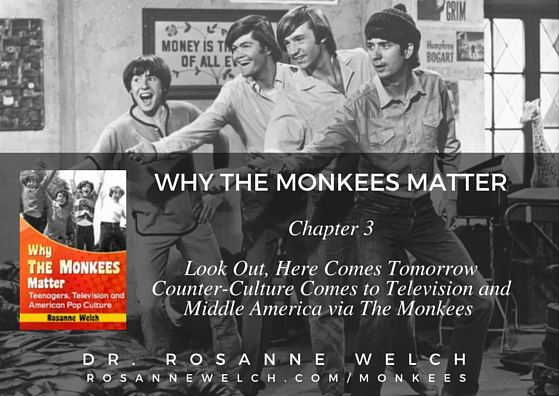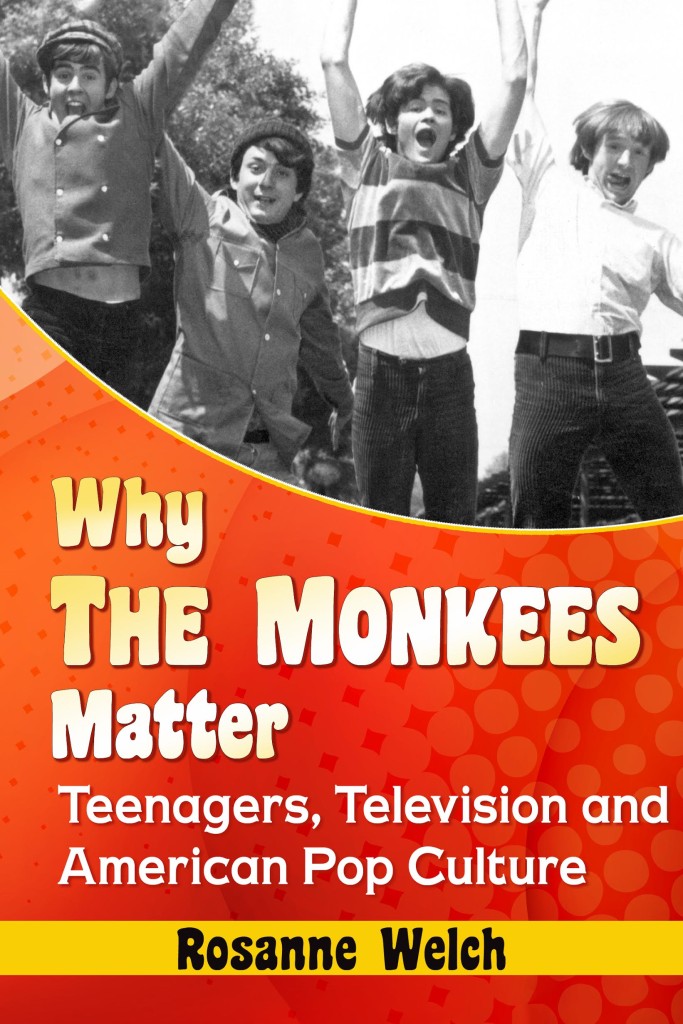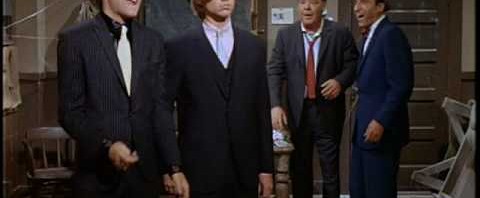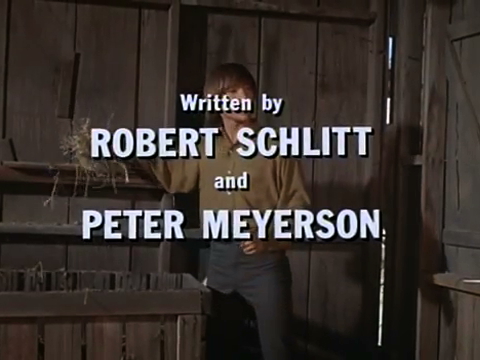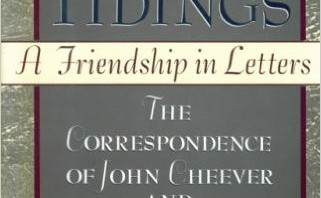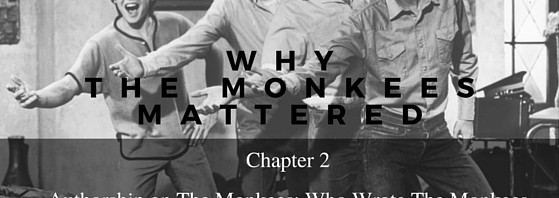
Answering another friend’s Facebook post reminded me today of one of my favorite books of letters between writers is between Cheever and John Weaver.
I stumbled upon Glad Tidings: A Friendship in Letters : The Correspondence of John Cheever and John D. Weaver, 1945-1982 many years ago at a used bookstore and deeply enjoyed reading how these two writers discussed their work and the origins of their most famous projects.
Of course, Cheever was also writing to Harriet Weaver but the editors left her name off the title, so it’s also a good look at how the Weaver marriage operated (in the same way The Letters of S.J. Perlemnan became a look at the marriage of Dorothy Parker and Alan Campbell since he wrote so often to them).
What I enjoyed most was the inside look Cheever gave of coming to Hollywood when a studio adapted his story The Swimmer into a film – Weaver had much more experience living in Los Angeles as a writer of local histories so he helped Cheever navigate La-La-Land.
If you don’t know either of these writers, a selection of Cheever’s short stories, The Stories of John Cheever, won the 1979 Pulitzer Prize for Fiction (not too shabby) and John D. Weaver’s obituary in the Los Angeles Times tells you how important he was: “Weaver wrote two novels and eight nonfiction books, including one that helped change history: “The Brownsville Raid,” a 1970 book that led to the exoneration of 167 black soldiers who had been discharged without honor 64 years earlier.”
Both are well worth reading – as is Glad Tidings. Check them out.



![Cast and Crew of The Monkees Television Show from The Monkees Live Almanac [Photo]](https://rosannewelch.com/wp-content/uploads/2016/03/monkees-cast-crew.jpg)



